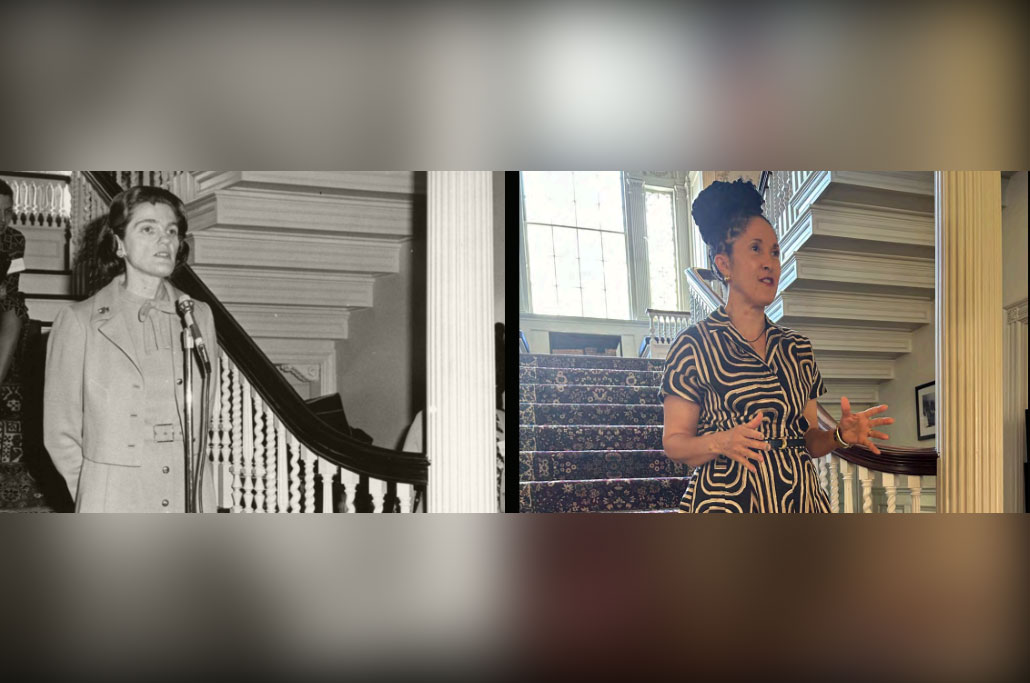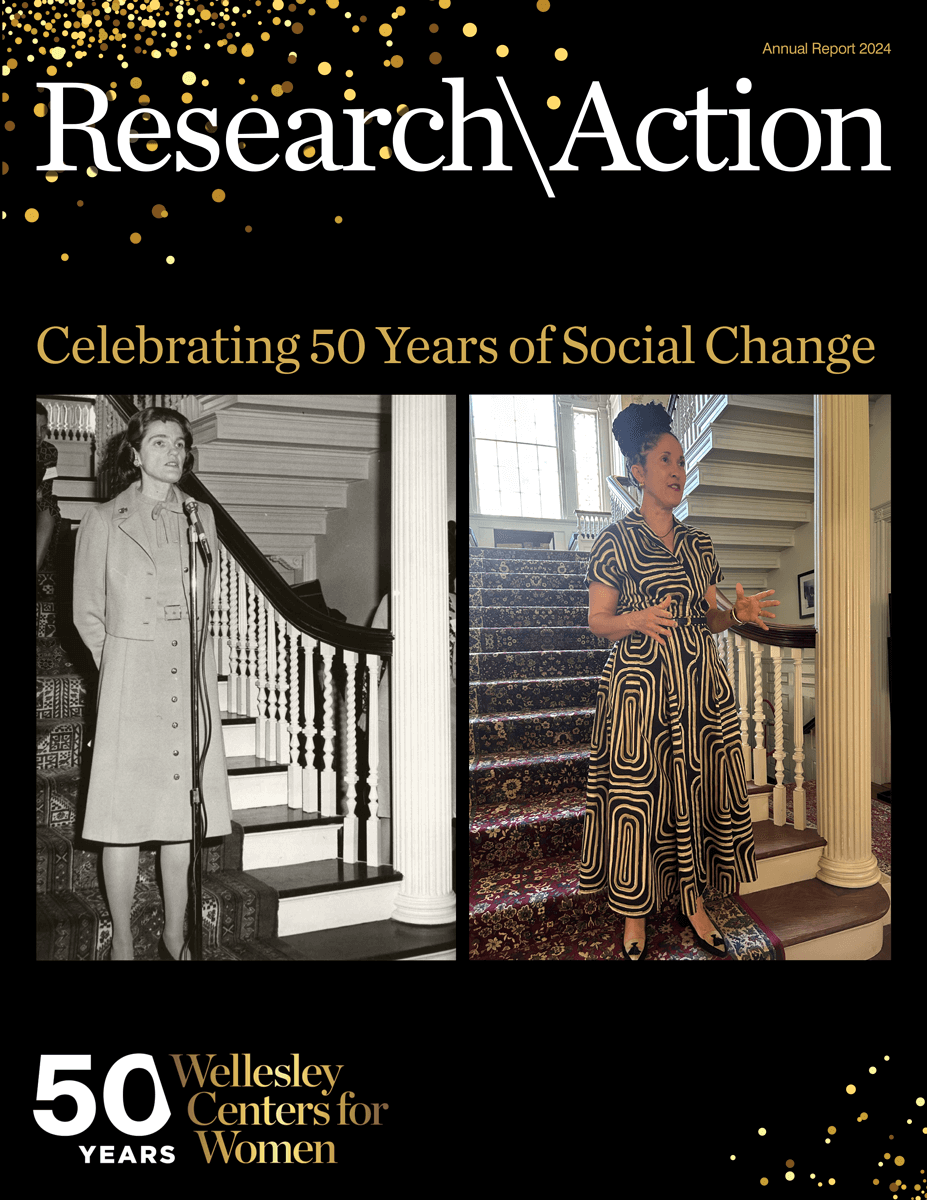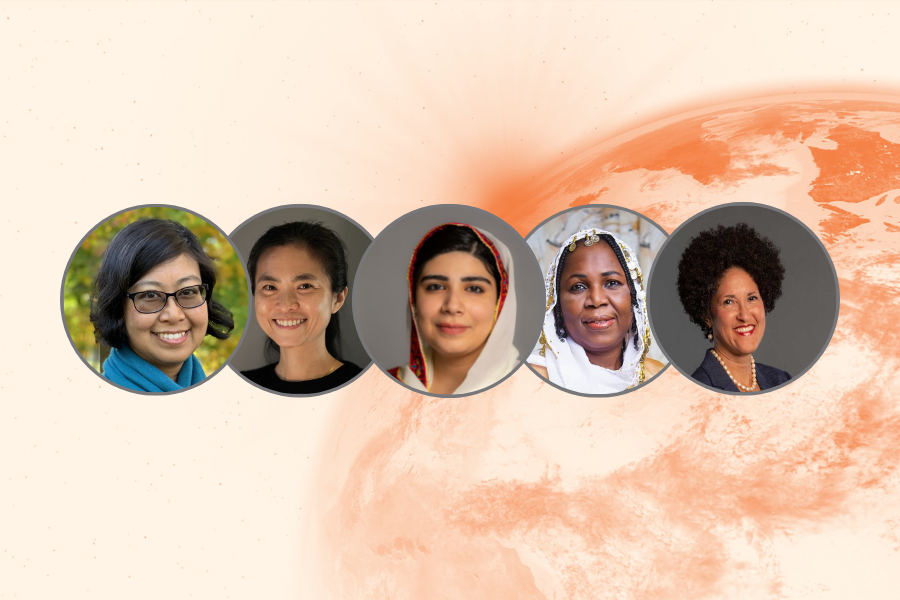By Patti M. Marxsen for WOMEN = BOOKS
As a writer, editor, translator, publications manager, and former teacher, I understand a thing or two about the “ecology” of the publishing world.
To stay with the metaphor, some books remain at the end of the food chain while interest in other works grows like ivy overtaking shelf space, review space, and the finite mental energy of the marketplace. What gets published, promoted, and read inevitably leads to questions about the value of literature and what people “should” be reading, to say nothing of what schools “should” be teaching through and about literature.
Around the time I was completing my review for WRB of a new translation of Marie Vieux-Chauvet’s Love, Anger, Madness (Amour, colère, folie): A Haitian Trilogy, I was preparing for the 21st annual conference of the Haitian Studies Association at Indiana University. My contribution was a paper entitled “Public Spaces—Silent Voices?”
I focused on access to modern Haitian literature in three large American public library systems in Massachusetts, Georgia, and Indiana. It should come as no surprise that none of these libraries included a copy of Love, Anger, Madness, though some did have holdings of literature in French. This may change now that the book has been translated into English—and artfully so—by Rose Myriam Réjouis and Val Vinokur.
The English language is one of the essential filters a writer must pass through to come to American consciousness. Of the 84 works I searched in my study that were originally written in French, only 16 are available in English translation; only half of those were found in the library collections I searched.
If my work can be reduced to a one-line conclusion: Books need informed advocates to get connected to readers.
This is not an advertisement for WRB, though it could be. The larger point is that when we define literature in terms of an anointed canon or stay in a culturally reassuring comfort zone, we diminish boundaries of understanding that, sooner or later, might matter.
I thought about this often as I absorbed early reports after the earthquake on January 12, repeatedly struck with how little journalists seemed to know. (Surely they know more about Jane Austen’s England or the fall of the Roman Empire.) Highly professional people mispronounced names of Haitian cities and towns and used hand-held notes to explain unexpected geographical features like mountains. Perhaps the main sources of information about Haiti like Metropole or Le Nouvelliste had been off the radar too long.
In Switzerland, where I live, the major French-language newspaper, Le Temps, misreported population figures and misrepresented history in an article entitled "Requiem for Port-au-Prince" with comments like this: “Haiti became independent after Napoleon abandoned the country.”
Allow me a moment to clarify that (a) Napoleon himself never set foot in Haiti; and (b) his troops were defeated by an army of slaves who fought hard to establish the first black republic in the world.
To my knowledge, no American journalist spoke of the lasting impact of the Haitian Revolution on modern democracies or on the abolitionist movement in the United States. And CNN references to the first U.S. Marine Occupation (1915-1934) politely omitted the record of American violence, racism, and religious persecution during those years.
No wonder so many earthquake victims were not instantly reassured to see Americans in uniform arriving in Port-au-Prince.
After Haiti’s declaration of independence on January 1, 1804, the country was shunned by the western world. It was not recognized as a nation. Trade was cut off. Crushing reparations were demanded for losses sustained (by the French). Its spiritual practices were demonized, feared, and eventually declared illegal by the Catholic Church.
In the nineteenth century, no vast body of literature from Haitian voices existed to illuminate the mysteries of that place and its people. But we have this now, and Haitian literature belongs in our schools and public libraries, if for no other reason than this place is near to us and the Haitian Diaspora is part of the fabric of American life.
Just as there is a place for money and know-how and justice and medicine, there is a place for literature in the reconstruction of Haiti. Among other things, it offers a chance to reconstruct our relationship with Haiti’s past—just in time—as we turn to the urgent needs of the future.
NOTE: I will gladly send a copy of “Public Spaces – Silent Voices?” to anyone who requests one. Contact me at thewritewoman@gmail.com.
Patti M. Marxsen is a writer and independent scholar. Her essays, articles, reviews, and commentaries related to Haitian literature and culture have appeared in the Caribbean Writer, CommonDreams.org, the French Review, and the Journal of Haitian Studies. She is the author of Island Journeys: Exploring the Legacy of France (2008) and Tales from the Heart of Haiti (forthcoming from Educa Vision, 2010). You’ll also find her at pattimarxsen.net.
Read Patti Marxsen's review of the new English translation of Love, Anger, Madness in the March/April 2010 issue of WRB.


.jpg)








